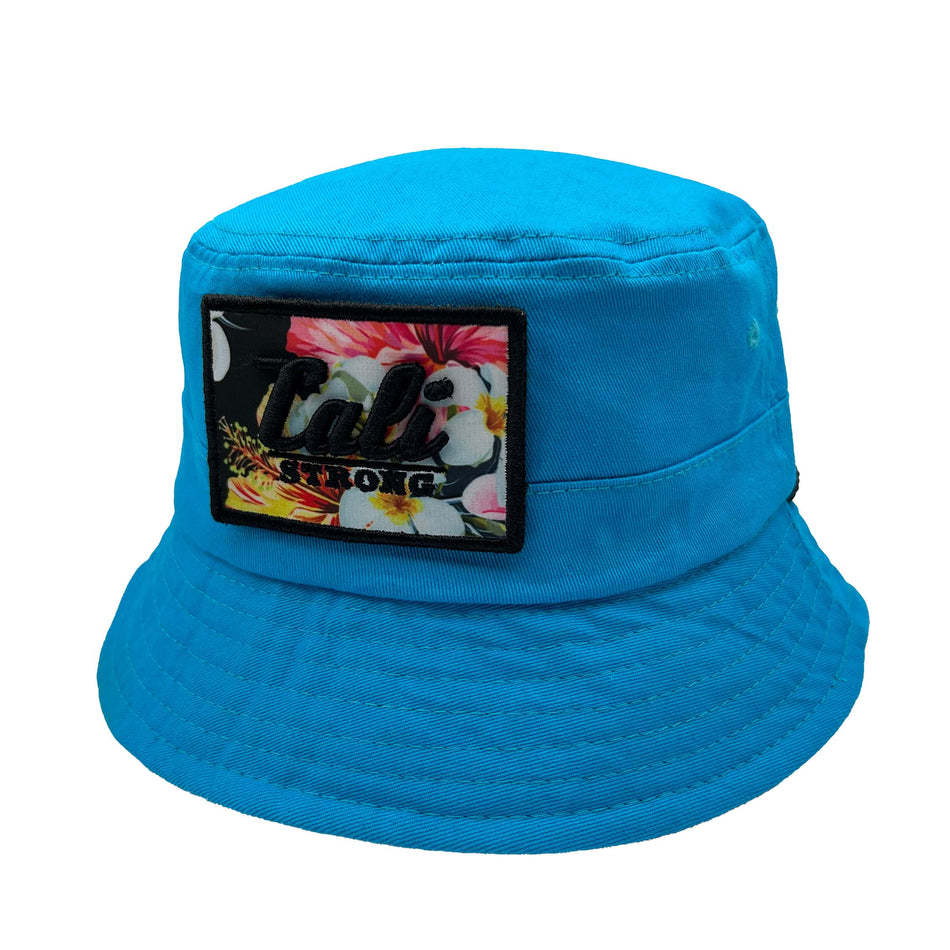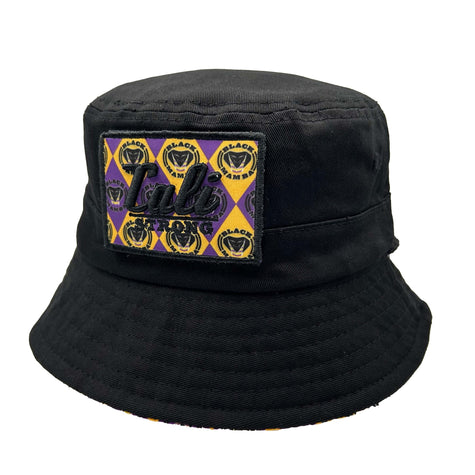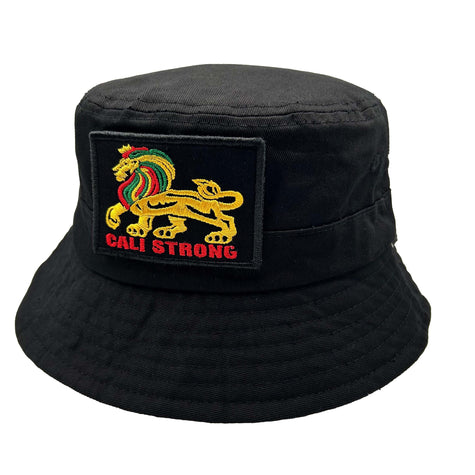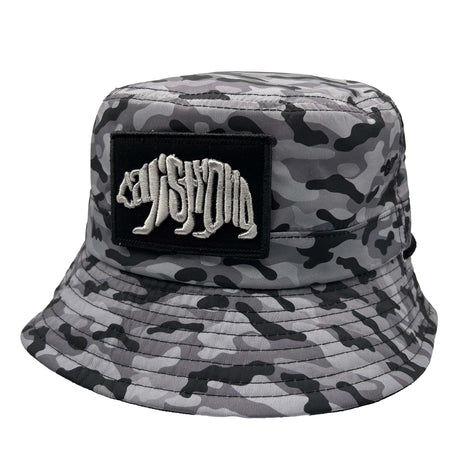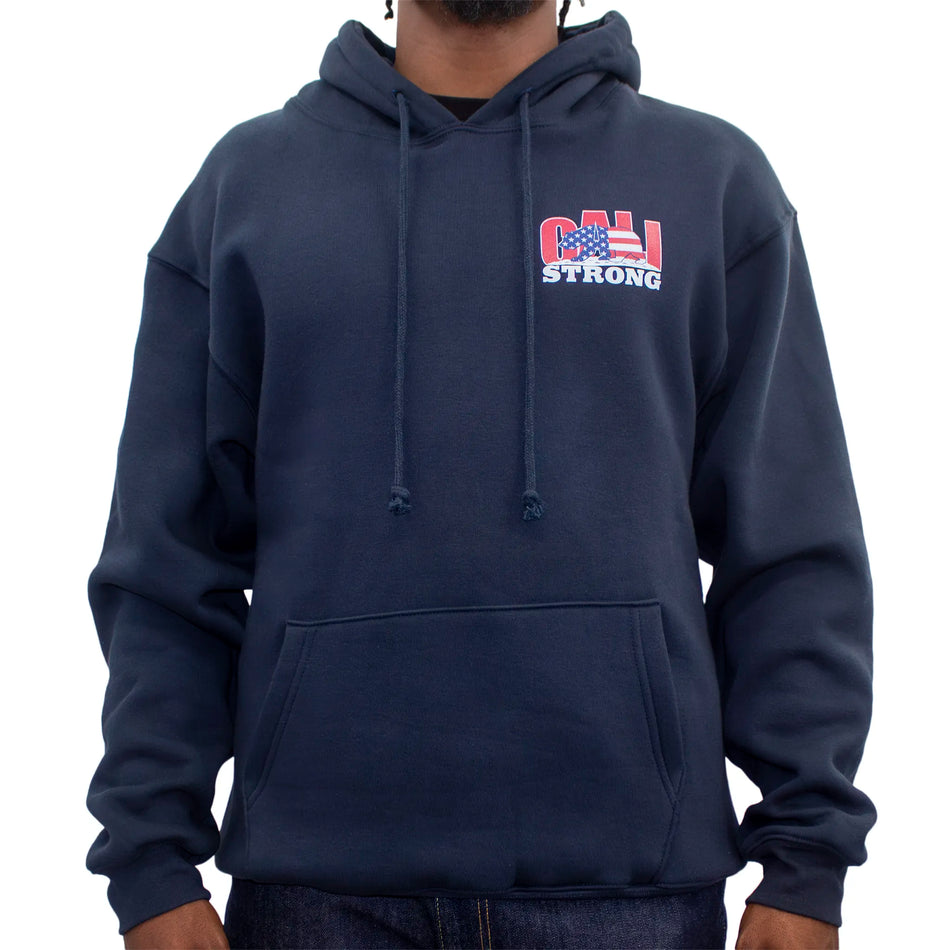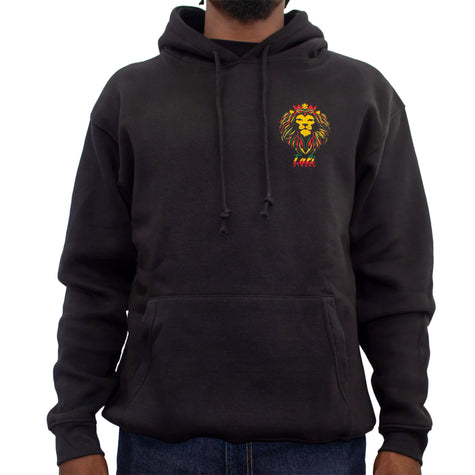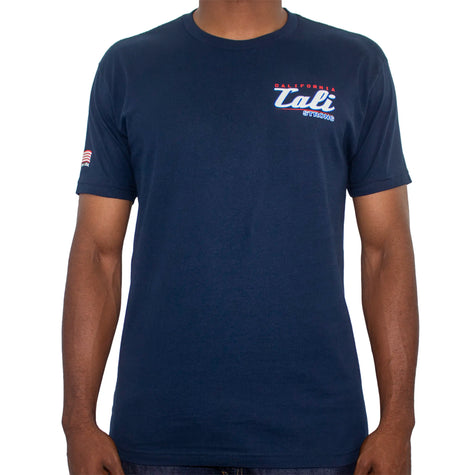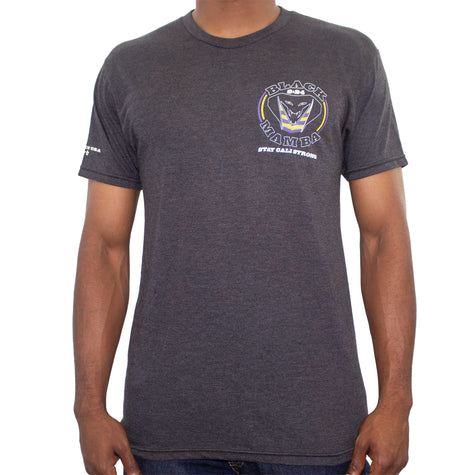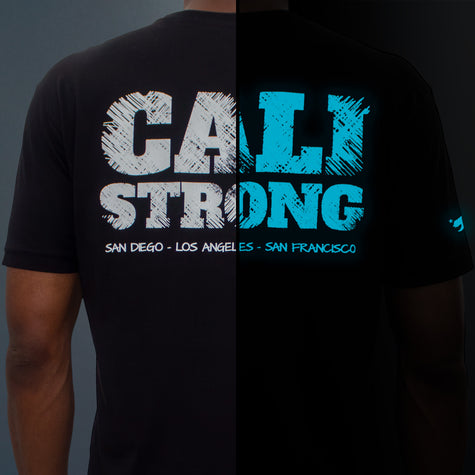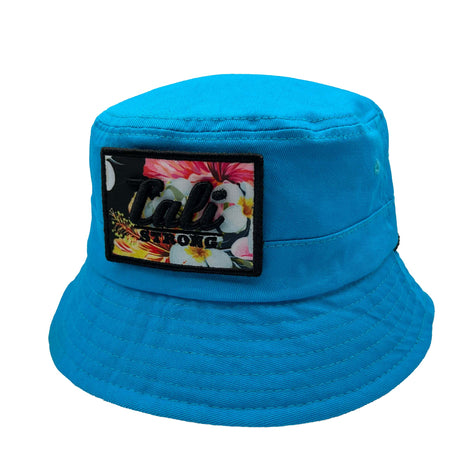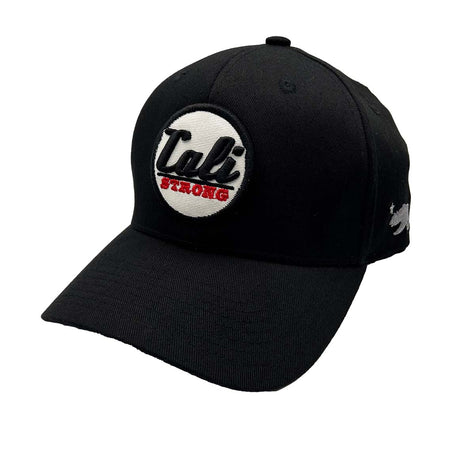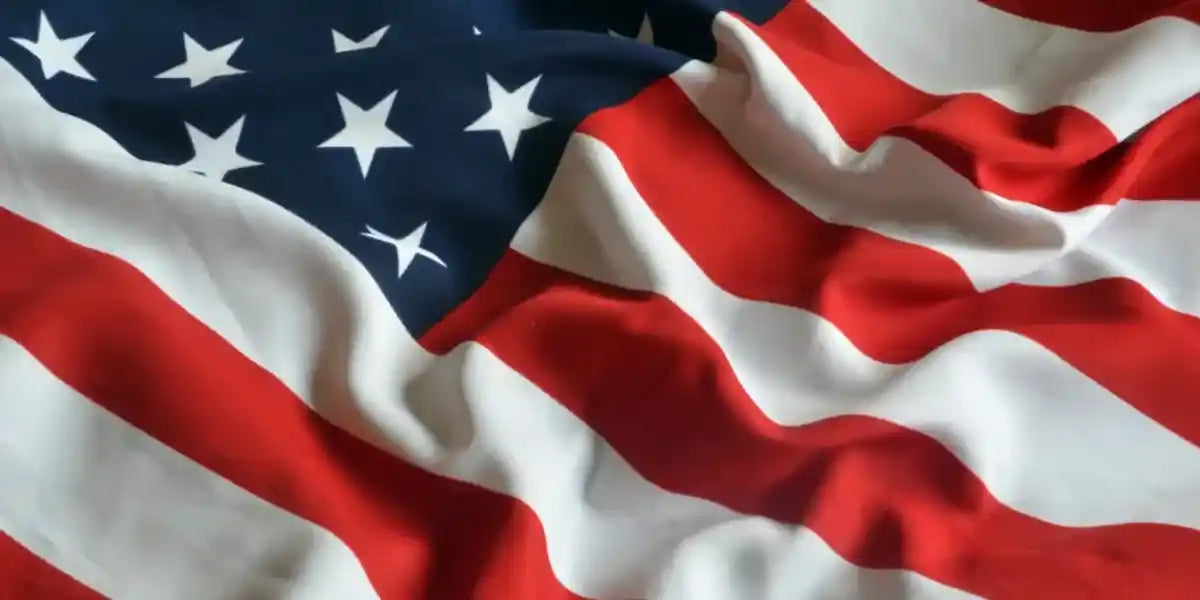Bob Marley Timeline: Fighter for Freedom
One good thing about music, when it hits you, you feel no pain. - Bob Marley
Bob Marley's Life & Legacy Timeline
- 1945: February 6: Robert Nesta Marley is born in Nine Miles, St Ann’s, Jamaica to middle-aged British naval officer Norval Marley and teenage Cedella Booker.
- 1962: Records his first song “Judge Not” at Federal Studios in Kingston, Jamaica with legendary reggae producer Leslie Kong.
- 1963: He forms the original Wailers – then known as the Teenagers – with Junior Braithwaite, Bunny Livingstone, Peter Tosh, Beverley Kelso and Cherry Smith.
- 1964: January: The Wailers’s first single, “Simmer Down”, makes #1 on Jamaica’s JBC Radio Chart.
- 1966: February: Marley marries soul singer Alpharita (“Rita”) Constantia.
- 1966: November: Rita converts to Rastafarianism and changes her name to Ganette Mander.
- 1968: November: Marley begins exploring Rastafarianism. Meets Mortimo Planno of the Divine Theocratic Temple of Rastafari in Kingston.
- 1969: Marley, along with the rest of the Wailers, converts to Rastafarianism.
- 1969: Lee Scratch Perry produced Bob Marley & the Wailers album Soul Shakedown featuring the songs “Duppy Conqueror” and “Small Axe.”
- 1970: Marley forms Tuff Gong record label.
- 1973: April: Bob Marley and the Wailers release the album Catch a Fire on Island Records.
- 1973: July: Bob Marley led in for Bruce Springsteen and the E-Street Band at Max’s Kansas City Club in New York.
- 1973: November: The Wailers’ second Island album Burnin’ released.
- 1974: September 14: Eric Clapton cover of The Wailers’ “I Shot the Sheriff” on his album 461 Ocean Boulevard makes #1 on the Billboard Hot 100.
- 1974: October: The band, now called “Bob Marley and The Wailers,” release the album Natty Dread with their landmark song “No Woman, No Cry.”
- 1975: December: The Live! is released as their first live album. It was recorded at the Lyceum Theater in London.
- 1976: May: Rastaman Vibrations released and becomes Marley’s highest-charting album. It reached #8 in the U.S. and #15 in the U.K.
- 1976: December: Assassins injure Marley and wife Rita in an attack in Jamaica. With his arm in a sling. an undeterred wounded Marley electrifies a crowd two nights later at a free “Smile Jamaica” concert.
- 1977: June: The studio album Exodus released.
- 1977: September: In Miami, doctors detect a cancerous growth on one of Marley’s toes broken in a soccer accident in Paris.
- 1978: February: Records the album Kaya in England.
- 1978: April: Holds the One Love Peace Concert in Kingston’s National Arena to bring the leaders of Jamaica’s rival political factions, Michael Manley and Edward Seaga, on the stage to joins hands symbolically.
- 1978: December: The second Wailers live album Babylon By Bus is released.
- 1979: February: The Wailers play at Harlem’s famous Apollo Theater as its first reggae band.
- 1979: October: Survival is released by Bob Marley and the Wailers.
- 1980: June: Uprising is released by Bob Marley and the Wailers.
- 1980: July: The single “Could You Be Loved” from the Uprising album reaches UK chart #5.
- 1980: September 21: Doctors discover his cancer has spread to his lungs, liver and brain after Marley collapses while jogging in New York’s Central Park.
- 1980: September 23: Bob Marley performs the final show of his career in Pittsburgh, Pennsylvania at the Stanley Theater.
- 1981: May 11: Marley dies in hospital in the US, aged 36.
- 1981: May 21: He is buried after lying in state at the National Arena, Kingston.1981: July: A re-release of “No Woman, No Cry” charts in the UK.
- 1984: May: Legend greatest-hits collection is released.
- 1986: May: The Marley Museum is opened in Kingston, on the site of his former home and headquarters of Tuff Gong Records.
- 1990: February 6: Marley’s birthday is declared a national holiday in Jamaica.
- 1994: Bob Marley is posthumously admitted into the Rock and Roll Hall of Fame. Presented by Bono of U2, Rita Marley accepts the award on behalf of her late husband.
- 1999: Achieving sales of more than 10 million copies, Legend receives its 10th platinum certification.
- 1999: December: Time magazine named Exodus the best album of the 20th century.
- 2004: Marley was ranked #11 on Rolling Stone Magazine’s list of 100 Greatest Artists of All Time.
- 2008: Statue of Bob Marley is raised to unify war torn Serbia and Croatia. The inscription reads “Bob Marley Fighter for Freedom Armed With A Guitar.”
- 2014: November: Forbes Magazine listed Marley as fifth on the list of the highest-earning dead celebrities.
Humble Beginnings
They called him Tuff Gong in the Trenchtown ghetto for his ability to defend himself from those who bullied him for his mixed racial background. Bob Marley was the child of white plantation overseer Norval Marley and African-Jamaican Cedella Booker. Marley said that growing up in Trenchtown contributed to his philosophy of life: “I’m not on the white man’s side, or the black man’s side. I’m on God’s side.”

Bob Marley's Parents: Norvel Marley and Cedella Booker
The Music Came Early
Born in Nine Mile located in Saint Ann Parish, Jamaica, Bob Marley followed American R&B and ska before breaking into reggae music. He and childhood friends Bunny Livingston, Peter Tosh, Beverly Kelso, Cherry Smith and Junior Braithwaite formed a music group in 1963 called The Teenagers. Their stage name then evolved into The Wailing Rudeboys, then to The Wailing Wailers and then finally to The Wailers.

The Wailers: Bob Marley, Peter Tosh, Beverly Kelso and Bunny Livingston
In February 1964, they had their first Jamaican #1 hit single “Simmer Down” sell an estimated 70,000 copies. Within two years, Kelso, Braithwaite and Smith had all left The Wailers. From this point, the core of the group consisted of Bob Marley, Bunny Wailer, and Peter Tosh.
It was during this time that Marley became deeply interested in Rastafarian beliefs. Though raised Catholic, he finally converted to Rastafari and began to grow his trademark dreadlocks as part of the ritual treatment of his hair.

Bob Marley and Lee Scratch Perry
Their first release on Island Records in April 1973, Catch A Fire, received a positive critical reception, but it was their second record, 1974’s Burnin’, that made Marley an international star.

The Wailers: Earl “Wire” Lindo (Organ/Keys), Aston “Family Man” Barrett (Bass), Bob Marley (Vocals/Guitar), Peter McIntosh “Tosh” (Vocals/Guitar), Carlton “Carly” Barrett (Drums) and Neville “Bunny” Livingston (Percussion).
A friend introduced Eric Clapton to Burnin’. Upon hearing the track “I Shot The Sheriff,” he decided to record a cover version, which made #1 on the Billboard Hot 100 on September 14, 1974. With the boost from Clapton, Burnin’ found its way around the world, engaging fans of both reggae and rock-and-roll alike.
Solo Career
Marley released two albums in 1976: Natty Dread and Rastaman Vibration.

Bob Marley's Solo Career
Where Rastaman Vibration brought Marley to the U.S. charts, it was on Natty Dread that he voiced his frustration with the tensions between the two warring Jamaican political parties. In December 1976, Prime Minister Michael Manley of the People’s National Party organized “Smile Jamaica.” The “Smile Jamaica” campaign was an effort to ease the tensions about which Marley sang in songs like “Them Belly Full (But We Hungry)”, “Talkin’ Blues”, and “Revolution”.
Two days before the concert, Marley, his wife Rita, and manager Don Taylor were assaulted by unknown gunmen. The would-be assassins badly hurt Rita and Taylor, and Marley was wounded in the chest and arms. Despite his injuries, Marley performed the concert regardless. “The people who are trying to make this world worse aren’t taking a day off. How can I?”

Bob Marley's Assassination Attempt
Marley moved to England in 1976, where he recorded Exodus and Kaya. Exodus brought the world such hits as “Jammin’”, “Waiting in Vain”, and “One Love”. Kaya, a more laid-back album, delivered the romantic singles “Satisfy My Soul” and “Is This Love?”.
It was in England in 1977 that doctors diagnosed him with the malignant melanoma that would ultimately take his life.
One Love
Returning to Jamaica in 1978, Marley played The One Love Peace Concert where he famously brought together the leaders of the two rival Jamaican political parties, who shook hands onstage at his behest. The United Nations awarded Marley the Medal of Peace on June 6, 1978, in recognition of his efforts to bridge the enmity between the two parties.
That year, Marley visited Kenya and Ethiopia (the spiritual home of Rastafari). He subsequently released Survival, a passionate work championing pan-African solidarity (“Africa Unite” and “Zimbabwe”) and documenting his survival of the assassination attempt (“Ambush in the Night”).
His final studio album, Uprising, brought a song that’s a fitting close to his career. “Redemption Song” rang in the hearts of all who heard Marley’s declarations of faith and eternal truths.
Final Days, Final Concert
In the spring of 1980, Bob Marley and the Wailers hit the road one last time, starting in Europe where they performed before 100,000 people in Milan, Italy. Marley’s final concert happened at the Stanley Theater in Pittsburgh, PA, on September 23, 1980.

Bob Marley backstage at the Stanley Theater in 1980, now the Benedum Center, which was his last show.
Following the concert, Marley’s health deteriorated as cancer that had metastasized ran rampant through his body. Canceling the tour, he fought the disease for eight months until, near the end, he headed back to Jamaica. During the flight his condition worsened, and he died in Miami before making it home on May 11, 1981. Bob Marley’s last words to his son Stephen were “Money can’t buy life.” Marley was 36 years old when he died.
That same month, Marley was laid to rest in a mausoleum in his birthplace of Nine Miles.

Bob Marley's Orthodox Church procession out of the National Arena in Kingston, Jamaica during the state funeral on May 22, 1981.

Bob Marley's Mausoleum
Shop Rasta Skateboards, Shoes, and T-shirts!
Bob Marley's Children: A Legacy That Lives
The official Bob Marley website acknowledges eleven of his children, all of whom carry on their father’s musical tradition through music and charity.
Ziggy Marley formed The Melody Makers at age 11 with siblings Stephen, Sharon, and Cedella. They produced ten albums, among them three Grammy winners. Ziggy’s solo career launched in 2003 with Dragonfly, followed by the Grammy-winning Love Is My Religion. Ziggy’s latest recording is the Grammy-winning Fly Rasta. He’s currently playing dates on his Fly Rasta Tour.

Bob Marley's Children: Sharon Marley
Sharon Marley was in the group Ziggy Marley and the Melody Makers. A dynamic entertainer, she continues to perform while balancing her time between her role as curator of the Bob Marley Museum and helping run the Ghetto Youth United charity organization.

Bob Marley's Children: Cedella Marley
Cedella Marley, also in Ziggy Marley and the Melody Makers, had a brief acting career in the eighties and early nineties before becoming CEO of Tuff Gong International, her father’s recording label. In addition to helping run her family’s charitable organization 1Love, Cedella has several clothing lines (“Catch A Fire”, “Nice Time”). She also designed the uniform for the Jamaican track and field team at the 2012 Olympics. In 2014, she launched the first global cannabis brand, Marley Natural.

Bob Marley's Children: Stephen Marley
Stephen Marley recently dropped the preview single “Ghetto Boy” from his soon to be released Revelation Pt. 2 – The Fruit of Life. This was the follow-on to Revelation Pt. 1 – The Root of Life, which won a Grammy for Best Reggae Album in 2012. Stephen regularly tours on his own and with brothers Ziggy, Damian, Julian, and Ky-Mani.

Bob Marley's Children: Robbie Marley
Robbie Marley, who followed his father’s love of soccer into American and Canadian league pro-football, co-founded the Marley Beverage Company with brother Rohan.

Bob Marley's Children: Rohan Marley
Rohan Marley, co-founder with brother Robbie of the Marley Beverage Company, is also the founder of House of Marley, maker of quality headphones and Bluetooth speaker systems. He also helps run his family’s charitable organization, 1Love, as well as the Tuff Gong Clothing Company.

Bob Marley's Children: Julian Marley
Julian Marley, currently touring with brothers Stephen and Damian, also helps Ziggy and Stephen with the Ghetto Youth International production company. His most recent solo album, Awake (released in 2009), was nominated for a Best Reggae Album Grammy.
Ky-Mani Marley dropped Maestro, his first album, in 2015, and regularly tours with brothers Ziggy, Julian, Stephen, and Damian.
Damian Marley fuses reggae with hip hop and other more recent musical forms. His second solo effort, Halfway Tree, earned a Grammy Award for Best Reggae Album in 2002. Among his current projects, he writes and plays with SuperHeavy, also featuring Mick Jagger, Dave Stewart, and A. R. Rahman.
The world's first rasta ambigram skateboard from CALI Strong.
Shop Rasta Skateboards, Shoes, and T-shirts!
About the Author: Jim Stroesser, “The Brand Master”
With nearly four decades of experience, Jim Stroesser is a driving force in the world of global consumer branding across the sports, fashion, and entertainment industries. His journey from tech rep to CEO of iconic brands showcases his unparalleled ability to transform and elevate businesses.
As Co-Founder and CEO of CALI Strong, a direct-to-consumer sports brand based in San Diego, CA, Jim leads the charge in creating premium sports apparel, footwear, and equipment that embody the California lifestyle.
His legacy as an industry turnaround expert was cemented at Converse, where he spearheaded the brand's resurgence from bankruptcy, elevating its sales from $120 million to $285 million and finally a $305 million acquisition by Nike – a landmark deal that reshaped the industry.
Jim's expertise extends to leadership roles at Nike, Quiksilver, Oakley, LA Gear, Roxy, RL, Pony, Bob Marley and Adio. He currently serves on several boards, including SDSI, where he mentors emerging companies alongside Chairman Bill Walton.




